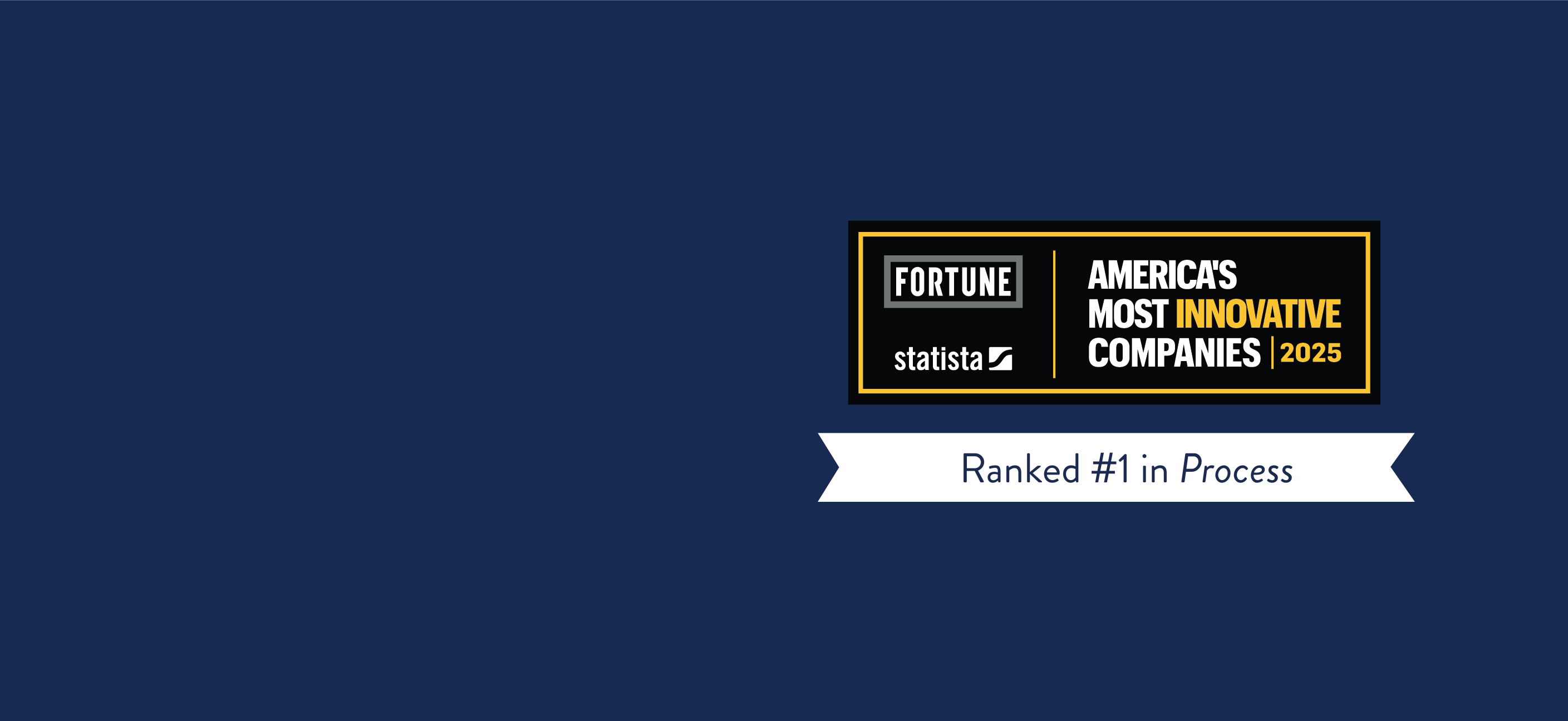A Tale of Two-Week Notices: Bridging the Retention Gap Amid the Great Resignation
The game has changed. The employer-employee construct will never be the same.
Years ago, the dreaded office pink slip was the sum of all fears for an employee. Labor forces shuttered at the first signs of revenue misses, economic uncertainty, or corporate “restructuring”. These events were all believed to be the smoke before being fired.
A Crisis Within a Crisis
A new crisis has emerged in the midst of the pandemic. While the U.S. economy is still struggling to fully reopen, millions of Americans are quitting their jobs.
Employers are left scrambling to quickly fill roles with the right people, train new staff, while still delivering quality to customers. This is all taking place while the tectonic plates of our economy are shifting into the new normal.
Who’s Quitting in 2021?—Almost Everyone.
Over 11 million people left their jobs between April and July.
While turnover is typically highest among those in entry level positions, we are seeing the opposite today. This is principally due to high demand and low labor supply for those in the 20-25 age range.
The real shift is affecting those between 30 and 45 years old, with resignations in this demographic surging 20% in the last year.
Outside of those professionals that already quit their jobs, many are actively seeking new opportunities and considering making the jump.
So, why are people quitting, really?
If employees believe the grass is greener elsewhere, they’ll leave.
The pandemic changed virtually every industry, including and especially how employees worked. As you know, 2020’s lockdowns made working-from-home ubiquitous. Even as locales reopen, many companies are warming to the idea of hybrid arrangements.
These newfound working situations have given the workforce new perspectives on work-life balance, money, relationships with managers, and more. This also has made employees reflect more on what they want from their careers and employer.

“Our office is very short-staffed, and I’m taking on more than I can handle. Should I look for a new company?”
“Maybe I should start a business. I work from home, anyway.”
“Because of COVID, promotions and bonuses have been halted. Is my company in trouble?”
“Now that I work from home, should I relocate to a more affordable city? Would my company approval relocation?”
“My manager and I only have Zoom meetings every so often. Am I still in line for a promotion?”
Uncertainty. Dissatisfaction. Apathy. The hope for better opportunities (in hand, or not).
These feelings have contributed to millions of unfilled jobs, and potentially many more. People are seeking more freedom in their work life priorities, and are optimistic about their job prospects. But not necessarily the company they work for.
Perks Don’t Retain Talent—They Never Did.

Foosball tables, pinball machines, and even cold beers. All these mini office effects were popular among “modern” companies in recent years. But, those companies experienced attrition problems then, and they certainly are now.
Surprisingly, it’s unclear—at best—if these office perks even attract the right talent, let alone retain it. What’s clear is that your employees care about how they’re treated.
You’ll need to go beyond the office “amenities” of old.
You’ll Lose Your Employees if You Don’t Speak Their Language
At its core, the employer-employee construct is a relationship. Relationships are built on good communication. Here’s how to properly communicate with employees.
Room to Grow
Most people like to work. But, work becomes toil if they don’t have room to grow. This can mean promotions, added responsibility, and added knowledge over time. Importantly, you must clearly communicate this to your employees.
 Compensation
Compensation
There’s a reason why compensation isn’t number one on the list. It’s been said that cash is king, but people are leaving high-paying jobs to find better opportunities, purpose, and growth elsewhere.
Nevertheless, fair compensation, coupled with a commitment to professional growth is a recipe for job satisfaction.
Incentives and Rewards
Whether it’s a dedicated sales team, customer service, or any other role, a well-planned, robust rewards program will encourage loyalty, and communicate your commitment to your employees happiness.
Thoughtfully given rewards, not perks, are what employees actually want, especially if they’re considering a new gig.
Depending on the size of your organization, and your overall business goals, you’ll benefit from a meaningful, fully fleshed out incentives program, or spot rewards if you’re strapped for time.
Incentives
Incentives are usually longer-term, pre-planned performance improvement programs that drive specific outcomes. A robust strategy is both scalable and empowering for your employees, salesforce, and partners.
Short-term/Spot rewards
If you prefer a faster turnaround, or a shorter term season to your campaigns, you can deliver hip-pocket rewards to your staff.
Ineffective Rewards Will Damage Everything You Do
As effective rewards programs can boost your employee morale and retention, an ineffective one can damage it. Low value, inflexible, or otherwise sub-par rewards programs—or no program at all—all contribute to dissatisfied employees.
The bottom line: your rewards program must be positive, immediate, and certain.
If you deliver, they will stay
Though the labor force is in the midst of a massive overhaul, attracting talent, and keeping your existing employees happy is easier than you think.
In his book, Drive, Daniel Pink details the three most important qualities that employees want from their jobs: Autonomy, Mastery, and Purpose.
- Clearly articulating how your employees’ performance fits in the picture of your organization’s and your overall industry creates purpose.
- Providing a reasonable level of latitude to achieve those goals yields autonomy.
- Giving feedback, recognizing when your employees hit milestones, and finally, rewarding their achievement, encourages mastery.
Exhibit your trust in them by giving them the opportunity to take on more responsibility through appropriate promotions.
Finally, recognize their exemplary performance with robust rewards.
You’ll mitigate the effects of the Great Resignation at your firm, and your employees will love working for you.
About Prepaid Technologies
Prepaid Technologies was founded in 1998 by banking industry veterans who understood that technology would shape the future of payments. Prepaid Technologies provides access to solutions for various corporate and consumer payment needs such as payroll and per diems for staff, corporate expense management, employee rewards, consumer promotions, incentives and other various corporate disbursements.




